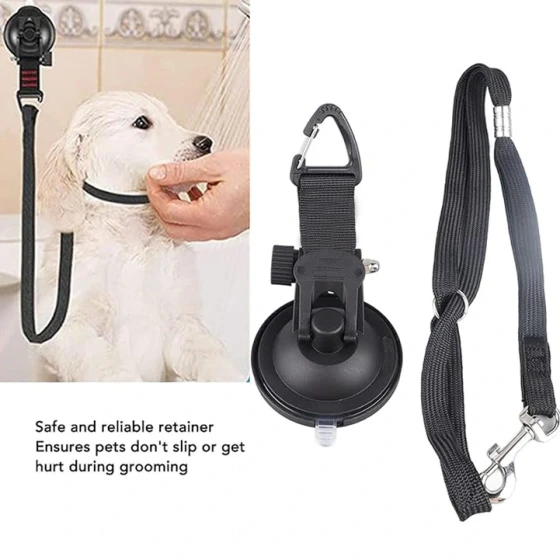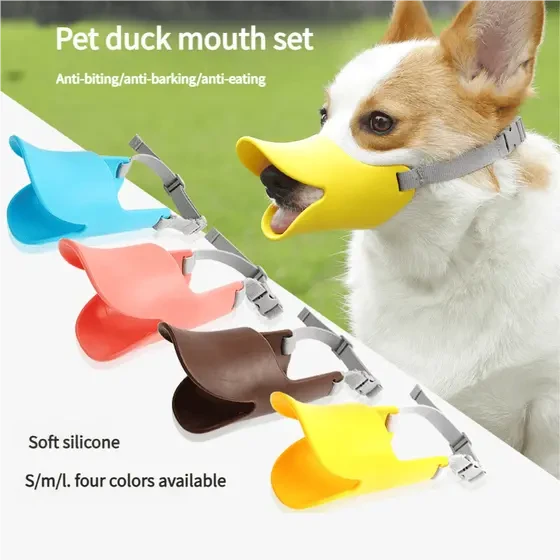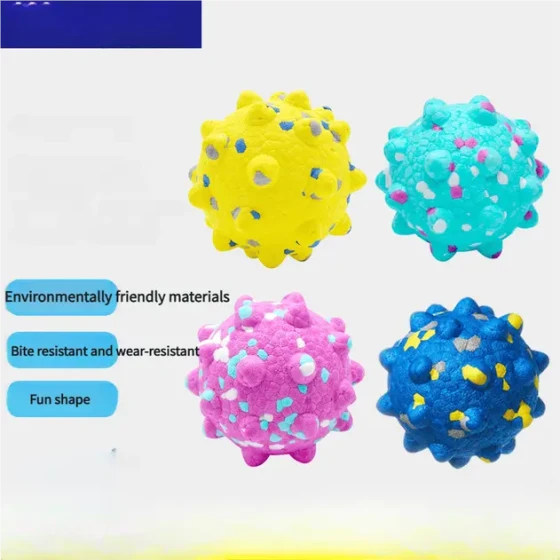What are the solutions for dogs’ insufficient breast milk?
For feeding newborn puppies, breast milk is the best choice. However, not all mother dogs produce sufficient milk. If puppies are not fed with breast milk, their health cannot be well guaranteed. Today, the PetsZone editor will discuss the solutions for dogs’ insufficient breast milk, hoping to help friends in need.

First, we know that after puppies are born, their main food is the mother dog’s breast milk, and they should not be fed solid food. Therefore, when the mother dog does not nurse or produces insufficient milk, the owner needs to purchase milk powder to feed the puppies.
1. Feed professional sheep milk powder
In fact, pet stores usually sell specially designed dog baby bottles and puppy-specific sheep milk powder. If the store does not have them, major pet supply trading websites also offer such products. When purchasing milk powder, it’s best for owners to compare the reputation and quality of each product, so they can feel more assured when feeding their own puppies. Also, note not to add too much milk powder at the beginning; a small amount is enough, otherwise the puppies may get diarrhea.

2: Do not feed human milk powder
Here, owners must be reminded not to feed puppies human milk powder for convenience. Human milk powder is mainly formulated according to human body needs. Its formula, nutritional content, additives, and absorption levels are different from what dogs require. Therefore, feeding puppies human milk powder not only fails to supply the nutrients needed for their growth but may also cause digestive problems in the puppies.
3: Do not feed cow’s milk
Another point is that puppies should not be fed cow’s milk. First, the molecules in cow’s milk are relatively large and cannot be absorbed by the fragile digestive systems of puppies, which can easily lead to indigestion. Second, cow’s milk contains a large amount of protein, which may cause protein allergies in puppies. Third, cow’s milk has a high lactose content, and most dogs are lactose intolerant.





